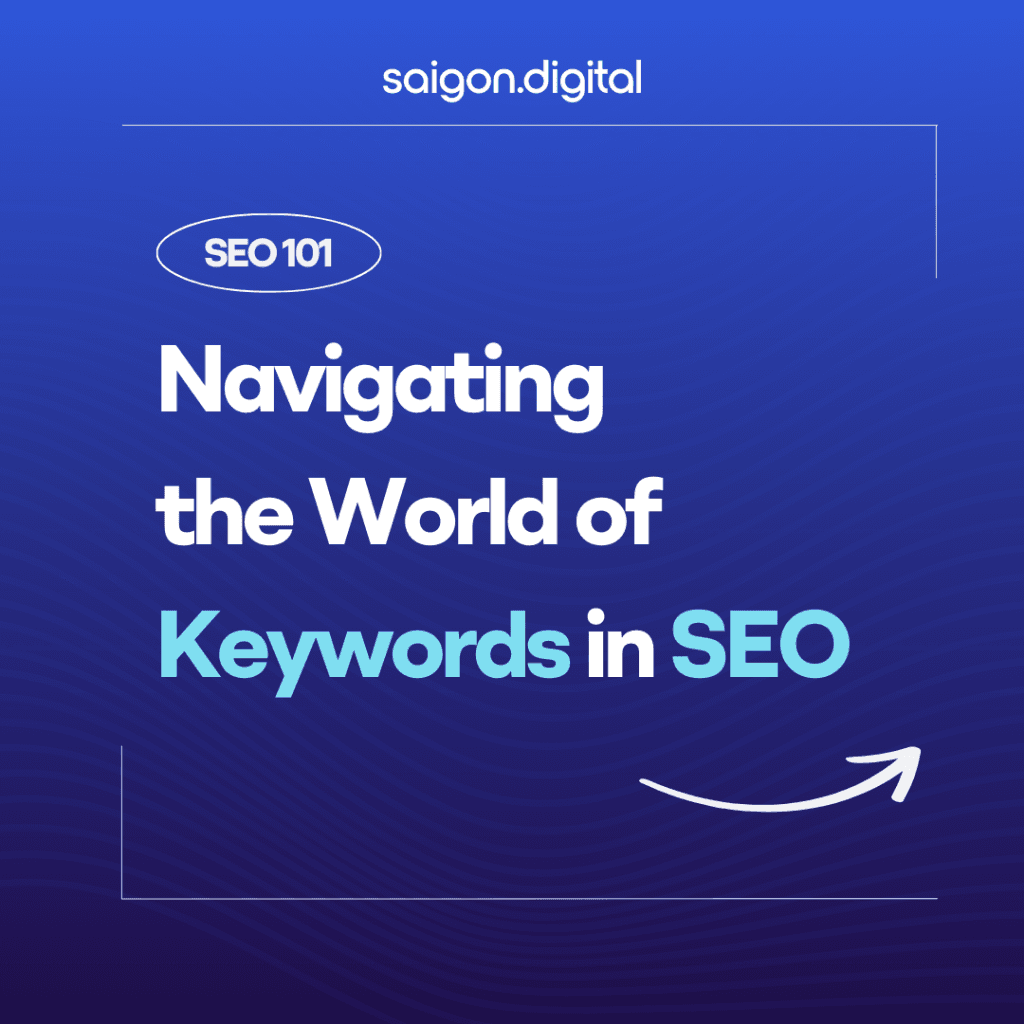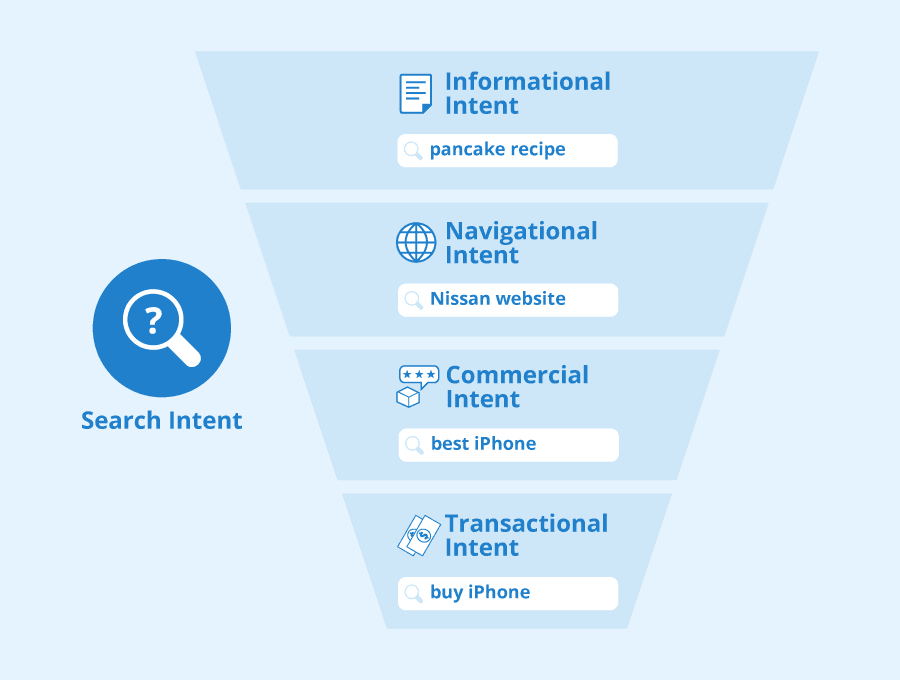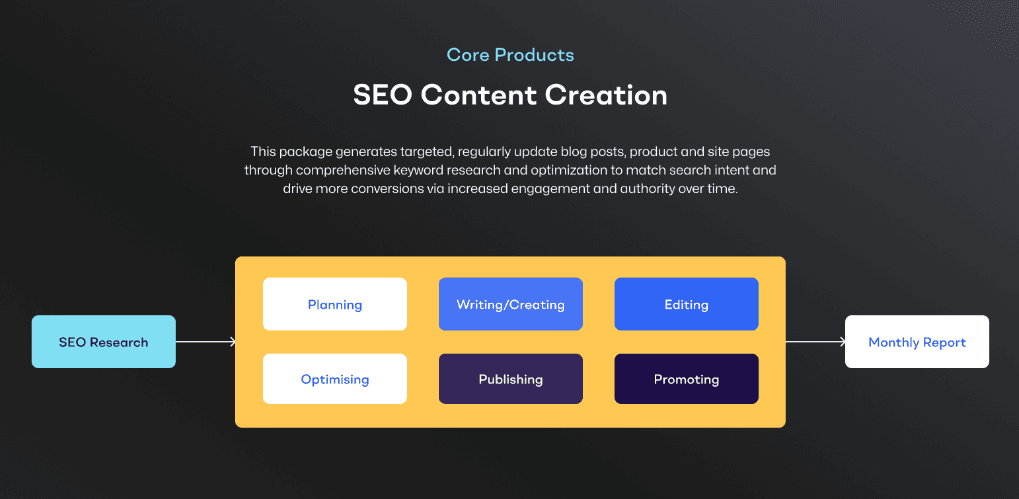
This guide will give you the basic tools necessary for the keyword search process. From choosing a keyword to automatically generating one, this series has what you need.
The Importance of Keywords in SEO
Keywords perform an important function not just in helping search engines navigate to your site but also in helping them understand the content of your pages. And they’re about much more than just SEO; they’re about your audience and the market you operate in. By investigating and later picking the right keywords to aid your SEO efforts, you’re enabling those same SEO efforts to be better targeted towards the right audience and their search queries
Keyword Research: The Foundation of SEO
Keyword research is the process of uncovering the words and phrases that your target audience uses to find your products or services. It helps you gauge demand as well as competition levels in your chosen niche. And in order to conduct proper keyword research, you first have to understand users' search intent.Understanding what search intent is the initial step, and search intent refers to the real reason behind a search query: what the user is looking for. Are they looking for a particular site? Are they looking to buy something? Or are they simply looking for information?- Informational: Users seeking knowledge.
- Navigational: Users are looking for a specific website.
- Transactional: Users are ready to purchase or perform an action.
- Commercial Investigation: Users considering a purchase and looking for options or reviews.

Types of Keywords
When building an effective SEO strategy, understanding the different types of keywords is essential. Keywords act as the bridge between what people are searching for and the content that businesses provide. By categorizing them into short-tail, long-tail, and local keywords, marketers can better align their content with user intent, increase visibility, and attract the right audience. There are 3 main types of keywords:Short-tail Keywords
Short-tail keywords are typically single-word search terms that cover broad topics, such as “shoes.” Because they are so general, they usually generate very high search volumes, attracting a wide audience.
However, the downside is that they also come with intense competition, making it difficult for websites to rank highly for them. While short-tail keywords can drive significant traffic, they often lack specificity, which means the visitors they bring may not always have strong purchase intent.
Long-tail Keywords
Long-tail keywords are longer, more detailed search phrases, like “women’s running shoes for flat feet.” These keywords have lower search volumes compared to short-tail keywords, but they tend to attract highly targeted audiences.
Because they are more specific, they usually indicate a clearer search intent—often from people who are closer to making a purchase decision. Additionally, long-tail keywords face less competition, making them easier for businesses to rank for and more effective in driving qualified traffic.
Local Keywords
Local keywords incorporate geographical terms, such as “digital marketing services in Saigon,” to target users within a specific location. These keywords are particularly valuable for businesses that serve customers in defined regions, as they help connect with people actively seeking local solutions.By optimizing for local keywords, companies can increase visibility in local search results, improve foot traffic to physical stores, and enhance their chances of attracting nearby customers who are ready to buy.Implementing Keywords in Your SEO Strategy
Once you have identified the words and phrases you’ll be targeting with your SEO strategy, the next step is to implement them throughout your site. This means incorporating them in the following areas:
On-page SEO
Insert keywords in a number of places on your web pages, including titles, meta descriptions, header tags, and the most important areas of your content. Be sure to avoid keyword stuffing, as this can hurt your search rankings.
Content Creation
Create valuable, high-quality content around your target keywords. Your content should be designed to answer the questions that your audience is looking for and to meet their search intent.

SEO for Local Searches
Local keyword optimisation can be utilised to maximise local search rankings when businesses are focused on local markets.
Monitoring and Adapting Your Keyword Strategy
SEO is not a set-and-forget process. Regularly monitoring your keyword rankings and adapting your strategy based on performance are crucial. Analyse which keywords bring in traffic and conversions, and adjust your content and keywords focus accordingly.
The Power of Keywords in SEO
Keywords are one of the most important components of SEO. By understanding the intricacies of keyword research, prioritisation and implementation, you can build a successful SEO framework that drives traffic and engagement.Do you need help optimising your website with the right keywords and content? Saigon Digital Services can assist. Our expert SEO consultants are here to help businesses with search engine ranking and online visibility. At Saigon Digital, we leverage deep keyword analysis to uncover vital opportunities for your business.FAQs About the World of Keywords in SEO
1. Why are keywords important for SEO?
Keywords help search engines understand the content of your website and connect it with users’ search queries. They not only improve your site’s visibility but also ensure you’re reaching the right audience with relevant content.
2. What is keyword research, and why does it matter?
Keyword research is the process of identifying the words and phrases your target audience uses to search for products or services. It helps you gauge demand, understand competition, and align your content with user search intent.
3. What are the main types of keywords?
There are three main types:- Short-tail keywords: Broad, single-word terms with high volume but tough competition.
- Long-tail keywords: More specific phrases that attract targeted audiences and often indicate purchase intent.
- Local keywords: Include location-based terms to connect with customers in a specific area.
4. How should I implement keywords into my SEO strategy?
Use keywords in titles, meta descriptions, headers, and throughout your content naturally. Focus on creating high-quality, valuable content that addresses your audience’s needs, while avoiding keyword stuffing.
5. Do keywords need to be updated over time?
Yes. SEO is an ongoing process. Regularly monitor keyword performance, track traffic and conversions, and adapt your keyword strategy to stay competitive and relevant.





